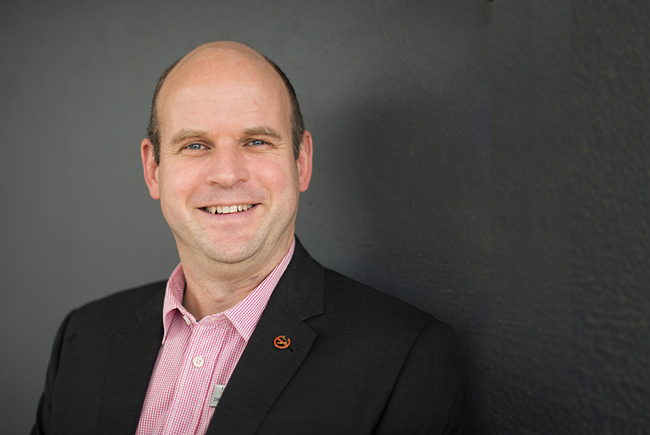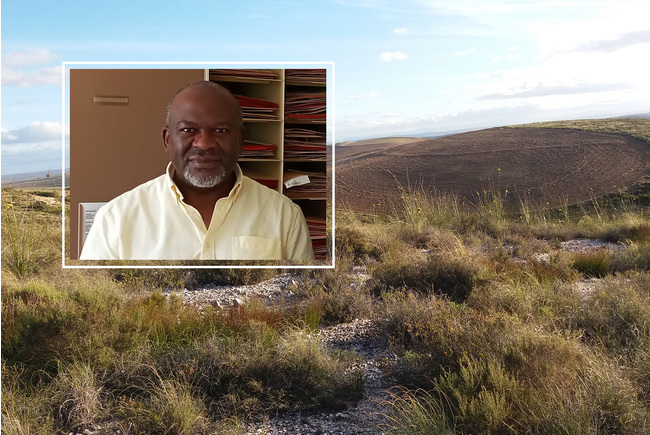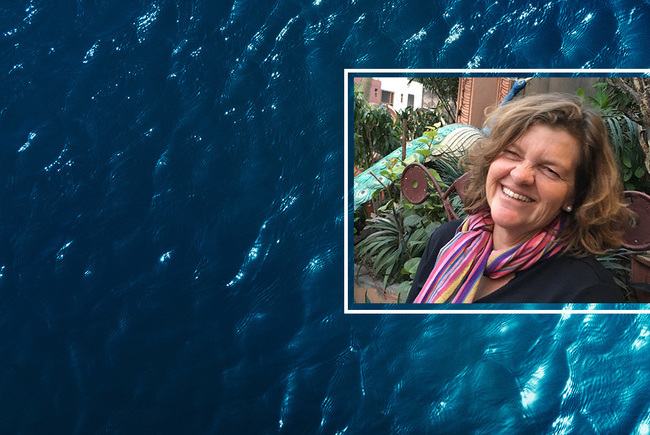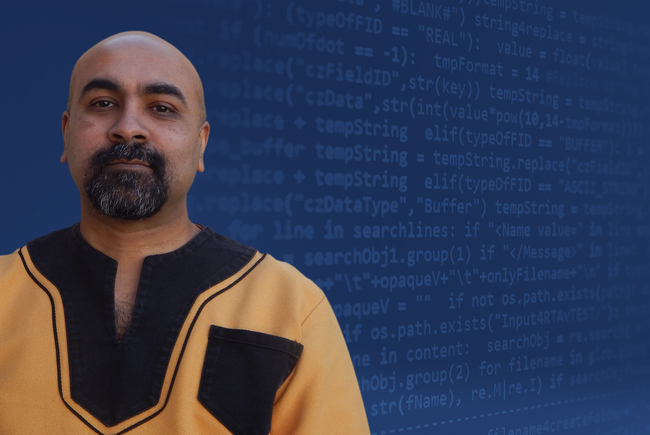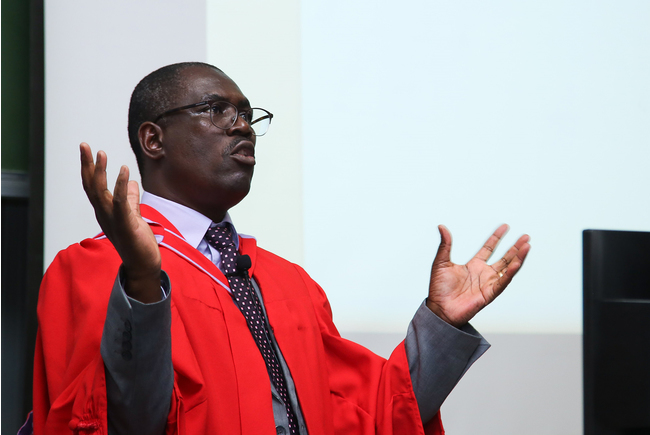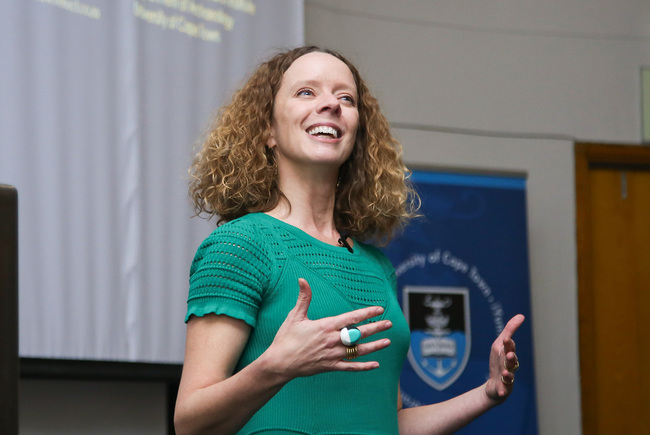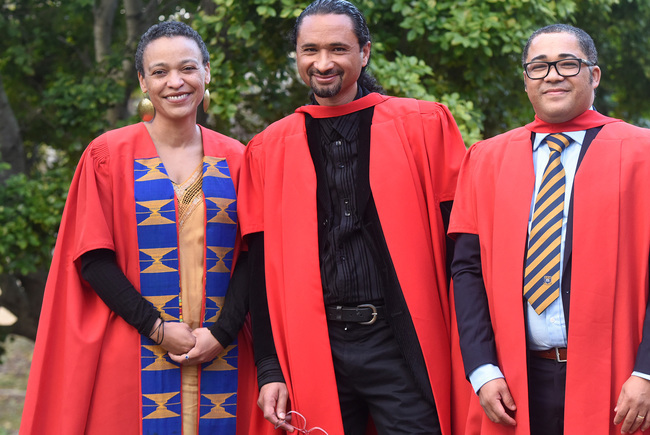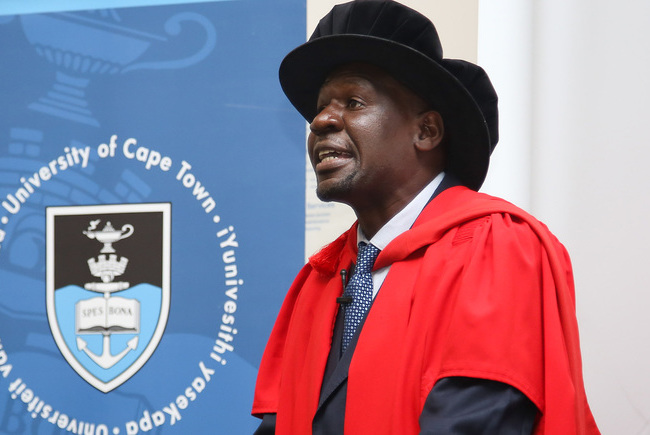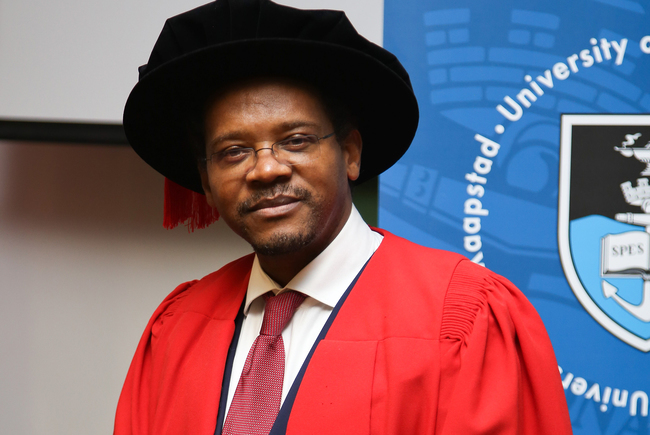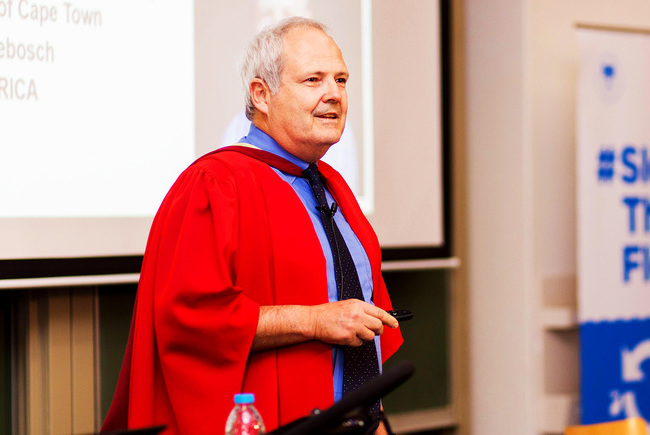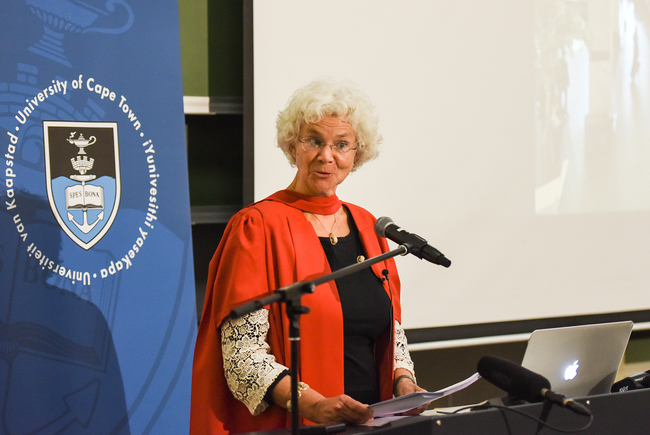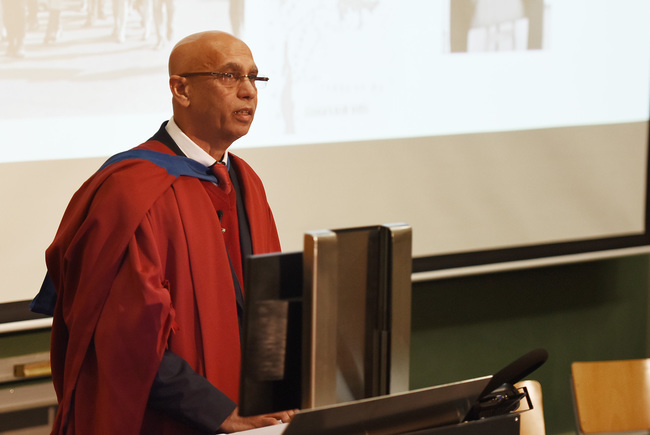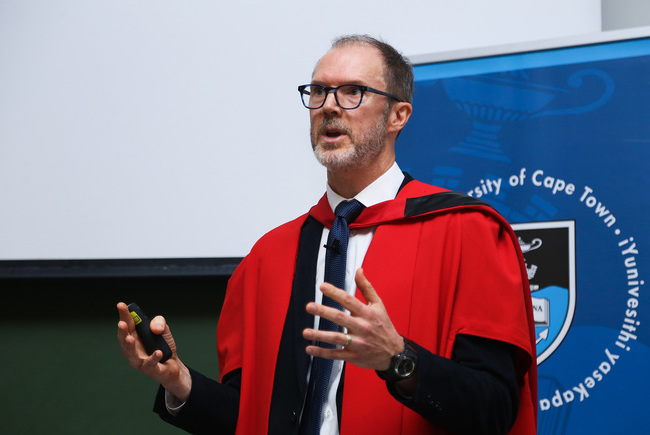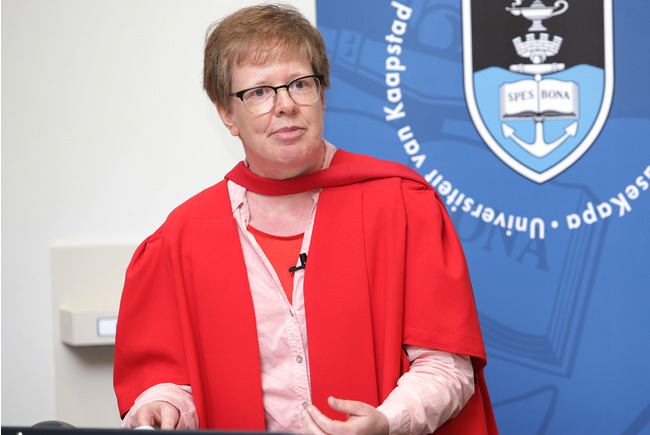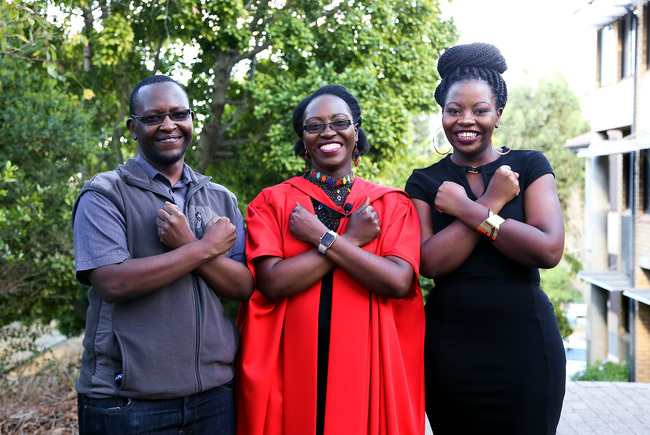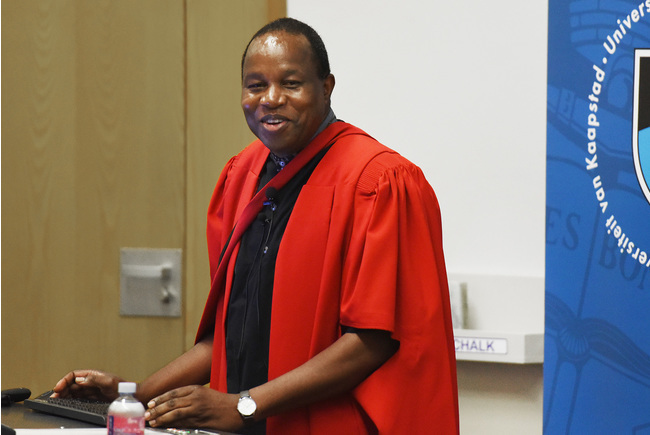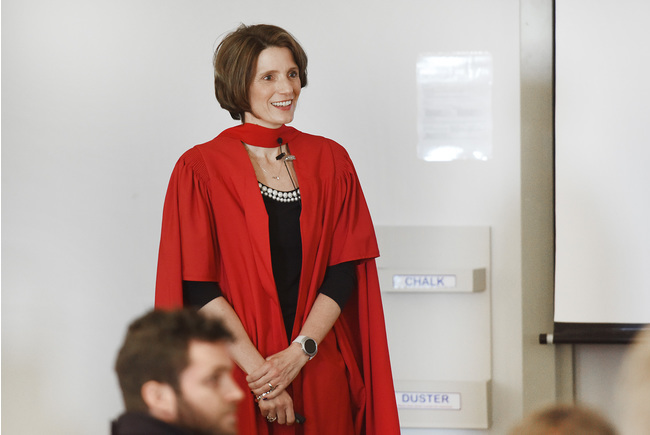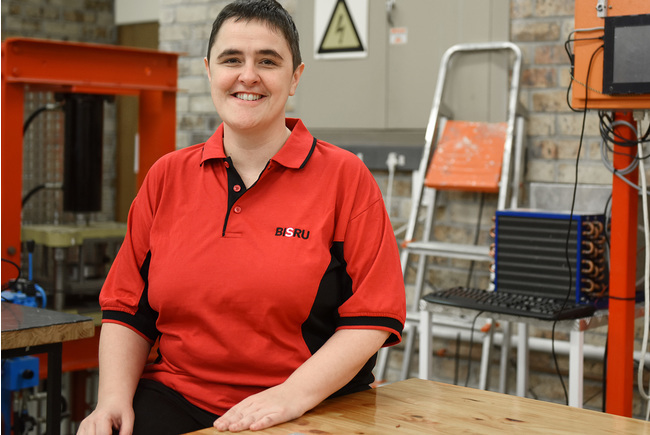It takes a team
22 July 2025 | Story Kamva Somdyala. Photos Lerato Maduna. Read time 4 min.
Professor Alan Davidson shared six tenets during his inaugural lecture, reflecting on what has made his collaborative work in paediatrics rewarding.
He articulated these in his lecture titled “It Takes a Team: Advancing Paediatric Oncology Through Collaborative Care”, delivered on 17 July at UCT’s Anatomy Building. Professor Davidson reflected on a career grounded in the belief that collaboration improves outcomes for children with cancer. Drawing on decades of work in research, clinical care and teaching, he shared insights into building oncology services in middle-income settings and leading international efforts in mission-driven care. Davidson is the head of the Paediatric Haematology-Oncology Services at the Red Cross War Memorial Children’s Hospital and UCT.
He said it was after a stint at the children’s hospital that he immediately found a home. “After my internship, I did a few junior jobs in paediatrics and landed up in the Haematology-Oncology Service at the Birmingham Children’s Hospital and I came home intent on pursuing a career caring for children with cancer.”
To demonstrate the theme of collaborative care, Davidson offered a few suggestions: know your history, be curious, never stop learning, the team is everything, grow leadership and knowing that advocacy is everybody’s job. “Understanding how the history of our various specialities has been shaped is crucial for a specialist or sub-specialist. Although the evidence base is a prerequisite, the institutions and individuals provide colour and make it all memorable to a specialist trainee,” he said.
“We have learned a great deal; collaborations have brought funding and opportunities.”
On the curiosity front, Davidson shared that he cut his teeth auditing the [research] work they were doing under great supervision. “I enjoyed getting to grips with patient stories often before I’d ever met them. As I started to get more involved in global affairs, I found myself co-chairing the international society’s adapted therapy working group [and] the Malawi team I was working with had shown how dangerous off the shelf global north protocols could be in the low-and-middle income country setting. To lose a child to cancer is tragic. To lose more than a handful of children to toxicity is the cardinal sin,” Davidson explained.
The fruits of their labour, according to Davidson, were “improvements in outcomes and management practises, based partly on better understanding of disease as well as therapeutic innovations, but resting fundamentally on a commitment to multidisciplinary.”
The African Paediatric Fellowship programme speaks to the notion to never stop learning. It is a programme “that is a great source of pride for our department. It has given us a massive footprint across the region. In turn, we have learned a great deal; collaborations have brought funding and opportunities … we work with everybody, we belong to no one.”
“We have developed a tightly knit team. We get the basics right and we celebrate success. Every trainee comes in and goes out with a simple metric – what and how will you decide when it’s up to you and how will you manage and develop future trainees?”
Advocacy
Davidson said, for advocacy, it’s about supporting health coverage, raising the quality of specialist services and collaborating on medicine and technology. “The work of the Policy and Economics Research in Childhood Cancer (PERCC) at Sick Kids has been seminal. Prolonged survival with good quality of life using conventional therapies is possible and affordable,” he said.
He ended the lecture by addressing the question of money, saying, “as a community we have very adequately made the case for treating childhood cancer in general terms and we see a future working with clinical oncologists … advocacy is the only way forward around pricing and extended access. And we can fight for these things as long as there is justice. So, I leave you with the moral dilemma of the age: who gets what?”
 This work is licensed under a Creative Commons Attribution-NoDerivatives 4.0 International License.
This work is licensed under a Creative Commons Attribution-NoDerivatives 4.0 International License.
Please view the republishing articles page for more information.
The UCT Inaugural Lecture Series
Inaugural lectures are a central part of university academic life. These events are held to commemorate the inaugural lecturer’s appointment to full professorship. They provide a platform for the academic to present the body of research that they have been focusing on during their career, while also giving UCT the opportunity to showcase its academics and share its research with members of the wider university community and the general public in an accessible way.
In April 2023, Interim Vice-Chancellor Emeritus Professor Daya Reddy announced that the Vice-Chancellor’s Inaugural Lecture Series would be held in abeyance in the coming months, to accommodate a resumption of inaugural lectures under a reconfigured UCT Inaugural Lecture Series – where the UCT extended executive has resolved that for the foreseeable future, all inaugural lectures will be resumed at faculty level.
Recent executive communications
2025
2024
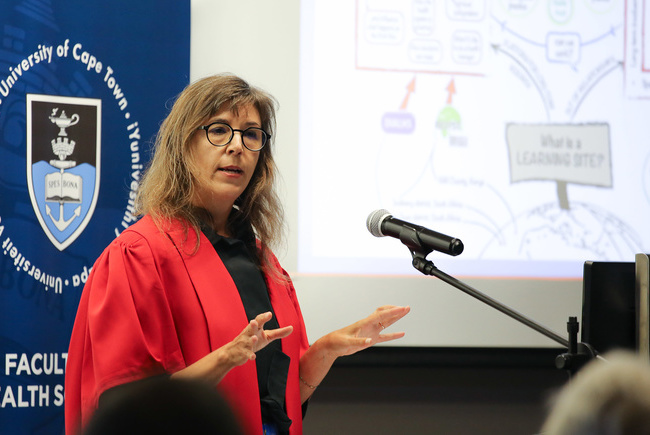
Professor Susan Cleary delivered her inaugural lecture on 14 March.
14 Mar 2024 - 5 min read2023
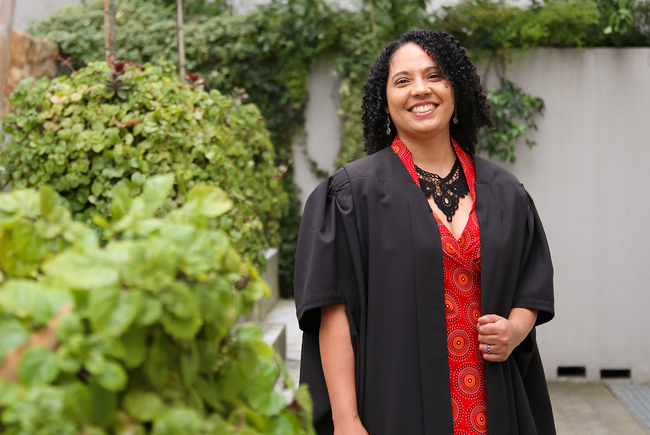
Prof Lydia Cairncross’s inaugural lecture provided a snapshot of the career path of a surgeon and community activist whose commitment to social justice means her work doesn’t end in the operating theatre.
02 Nov 2023 - 8 min read2022
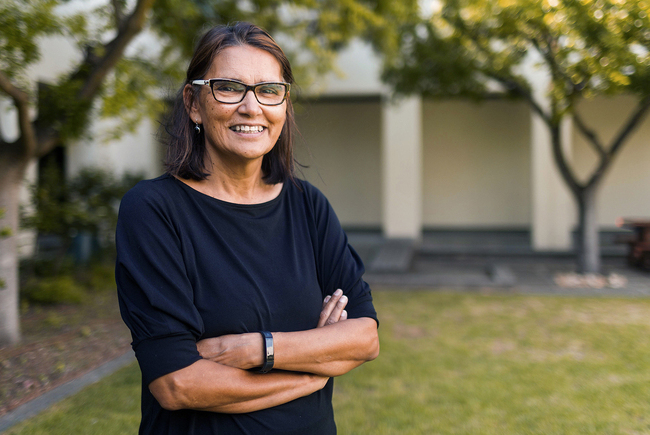
Professor Linda Ronnie is in UCT’s Faculty of Commerce.
28 Sep 2022 - 6 min read2021
2020
2019
2018
2017
2016 and 2015
No inaugural lectures took place during 2015 and 2016.













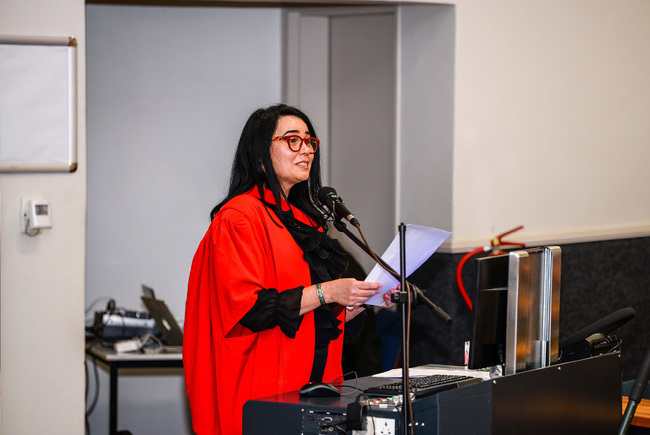


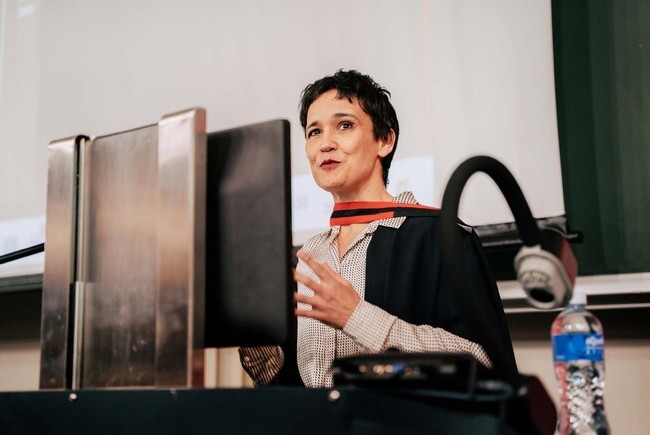
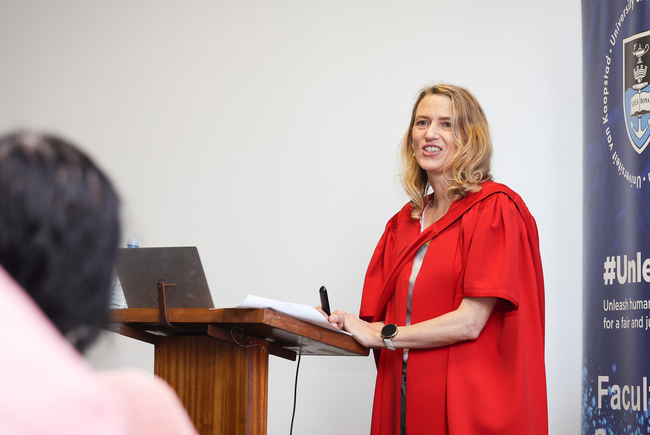
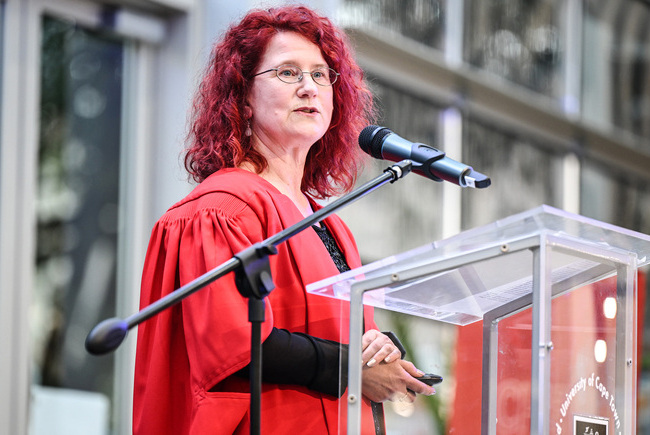

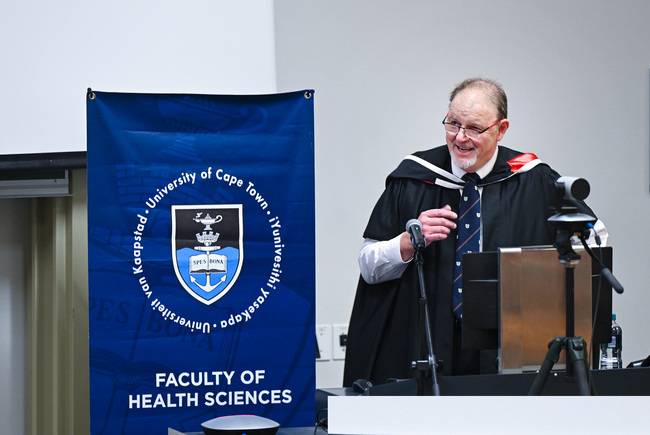
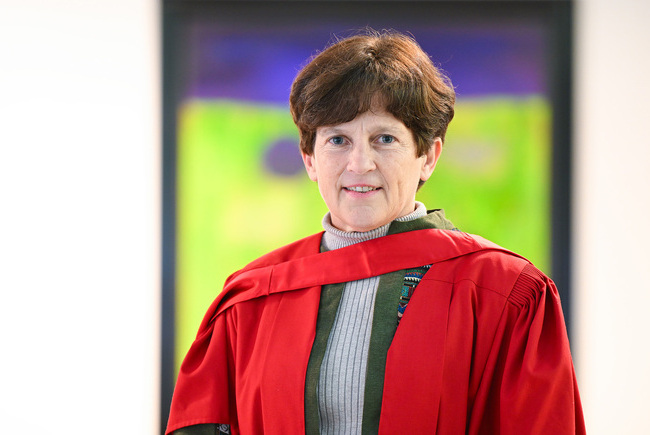
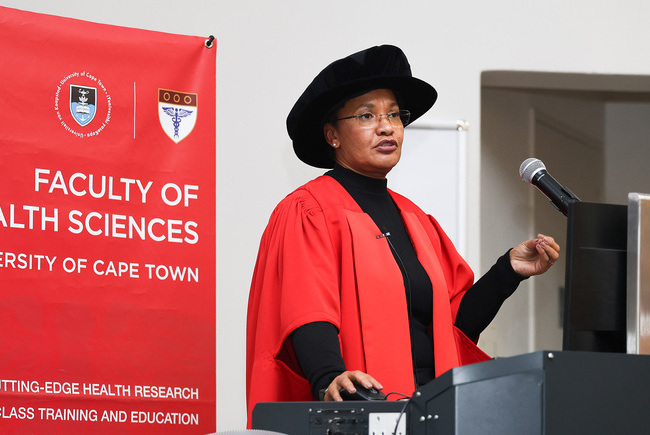
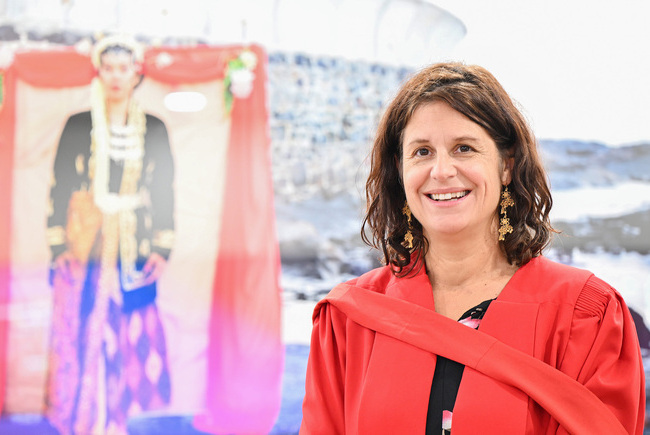
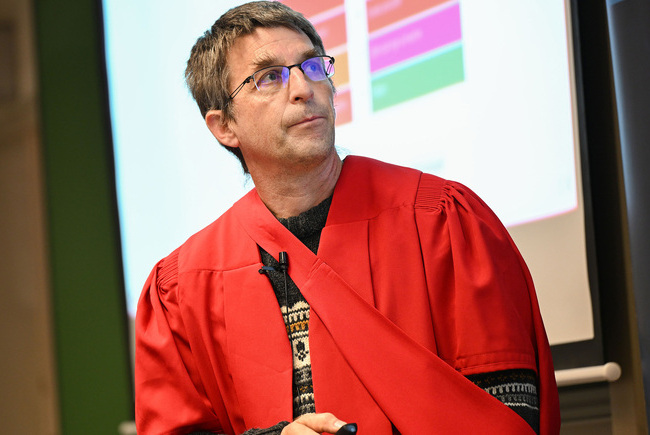
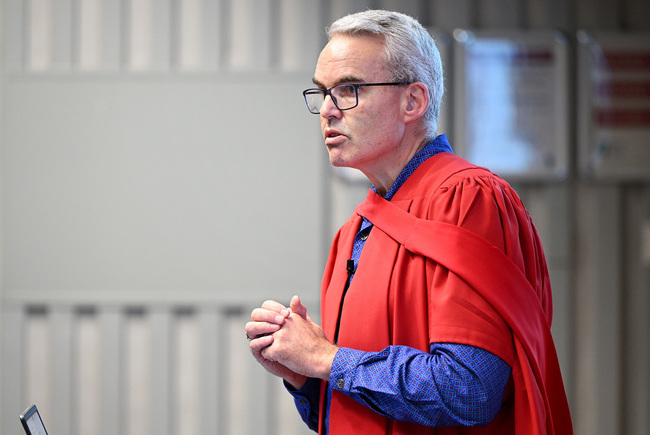

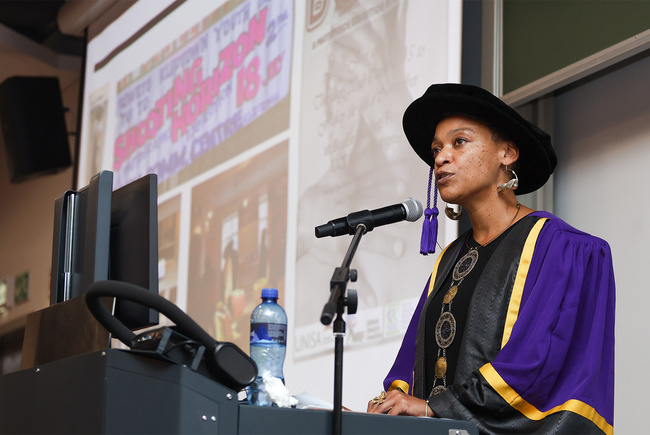
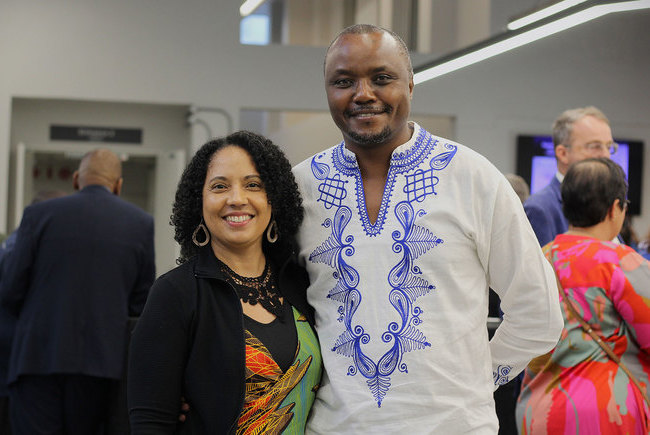
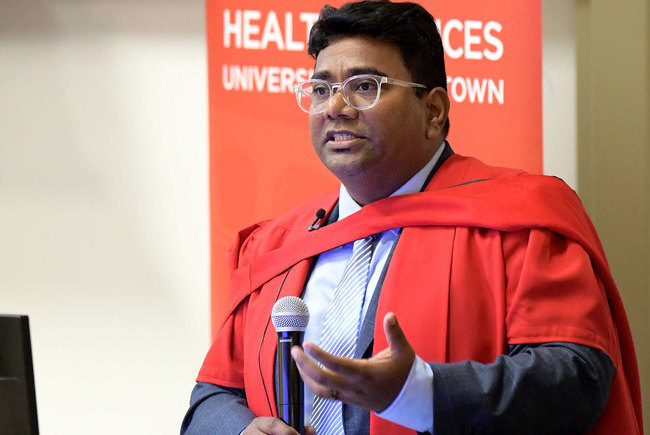
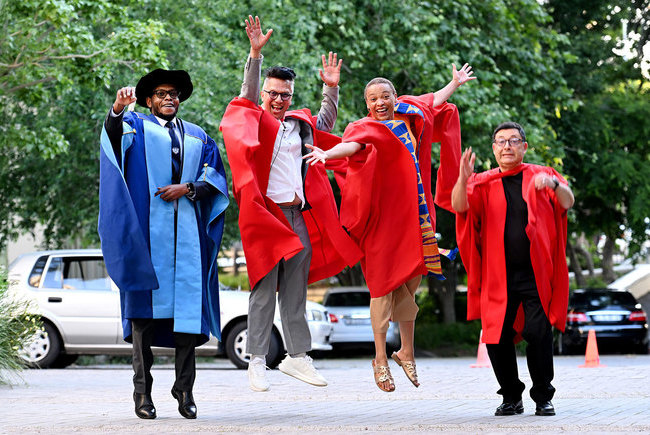
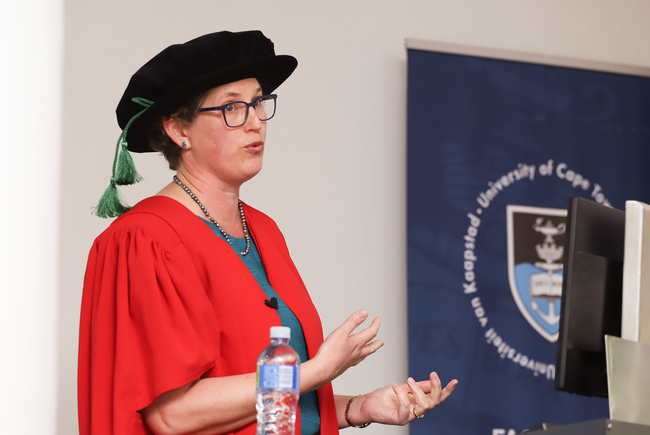
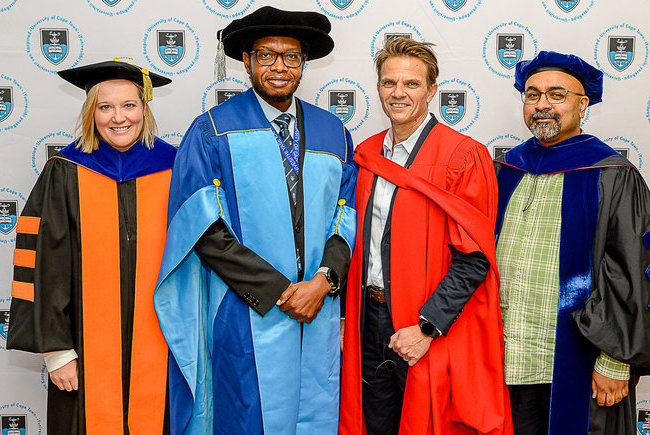
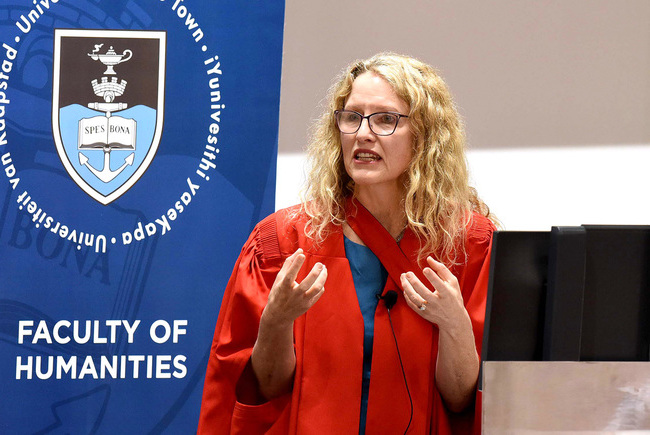
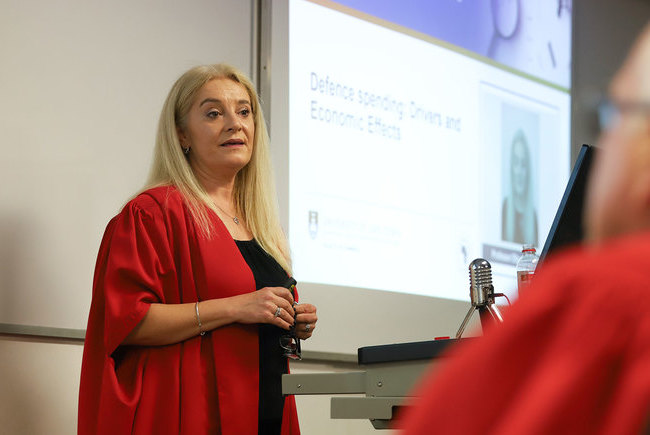
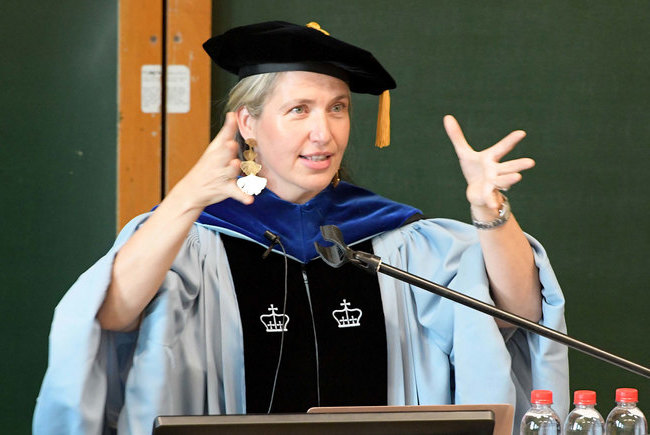
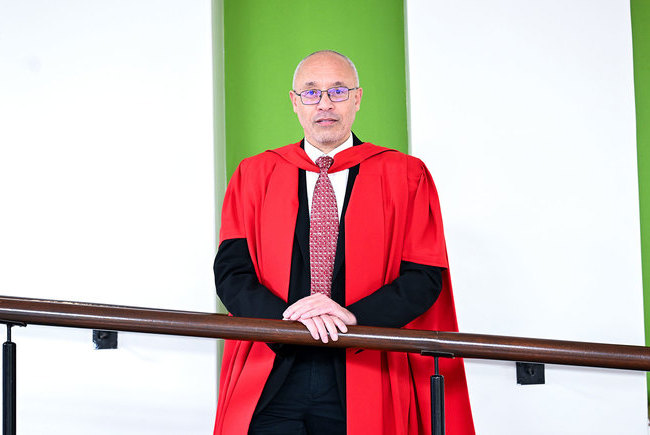
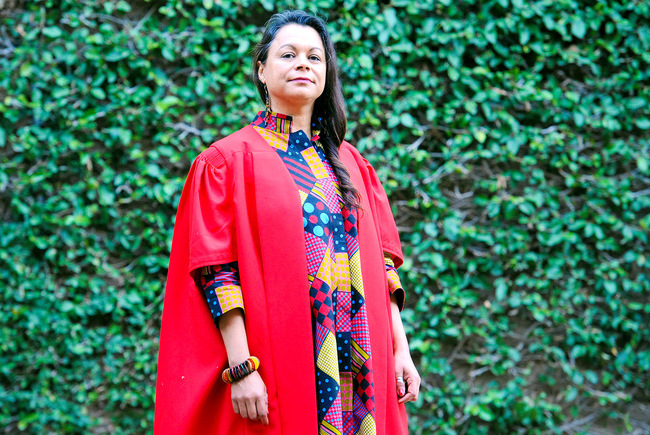
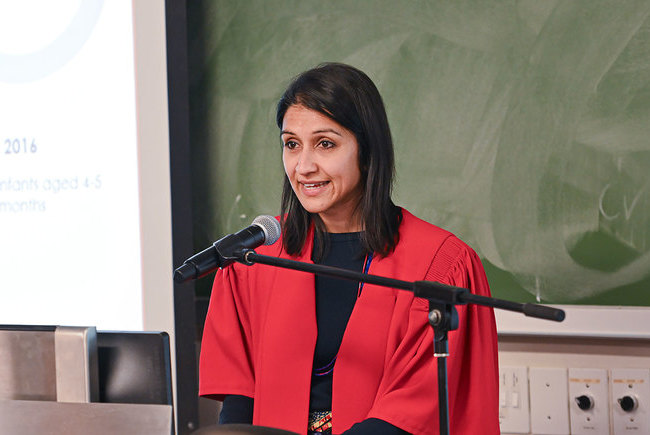
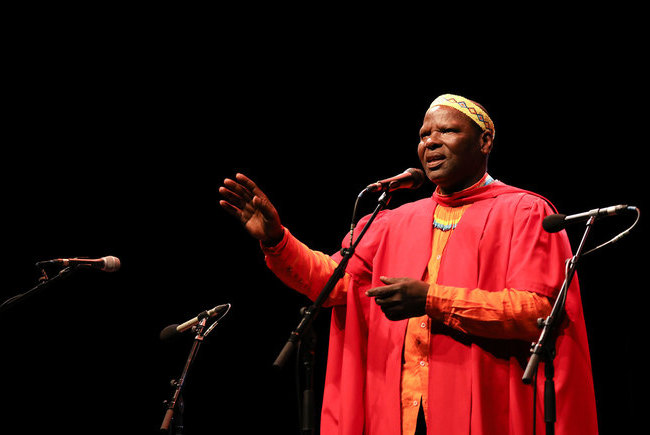
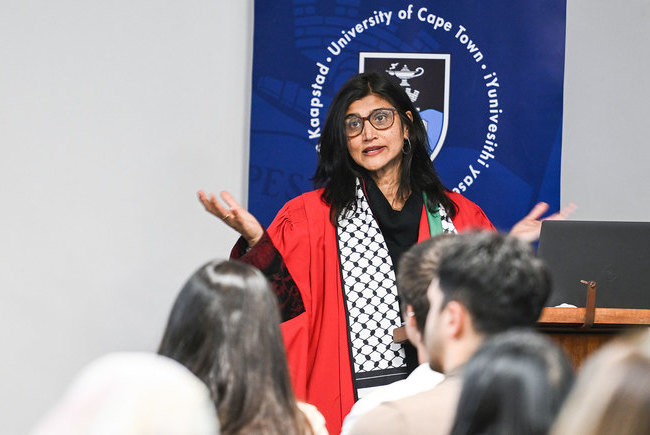
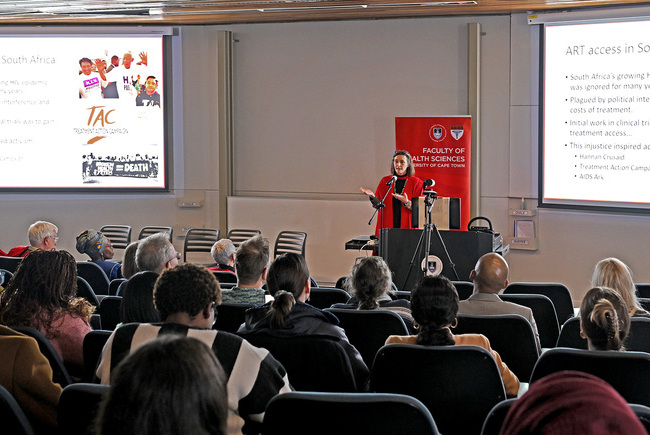
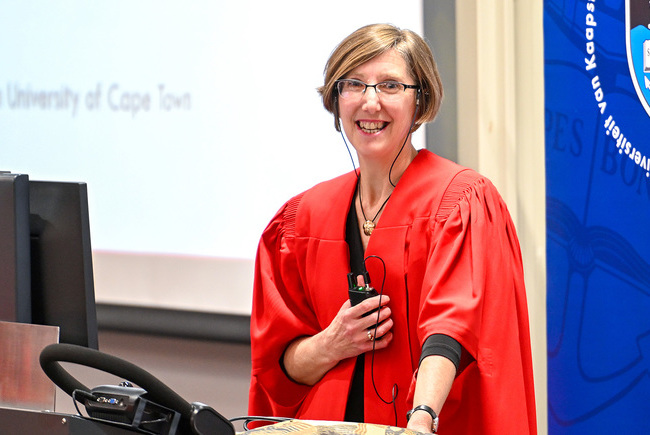
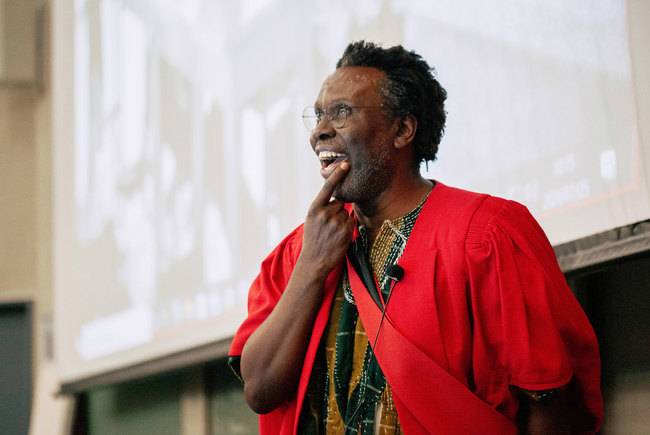
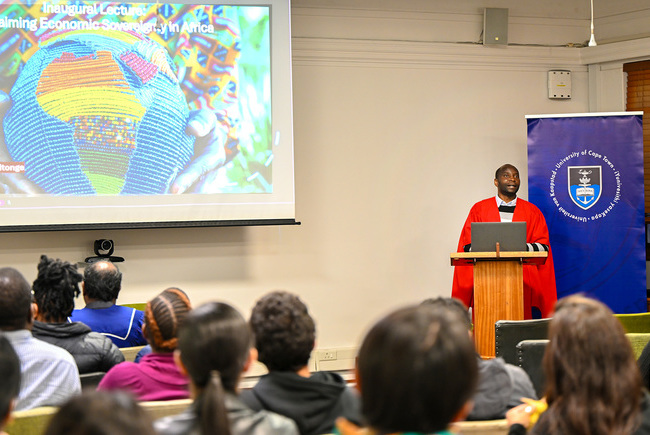
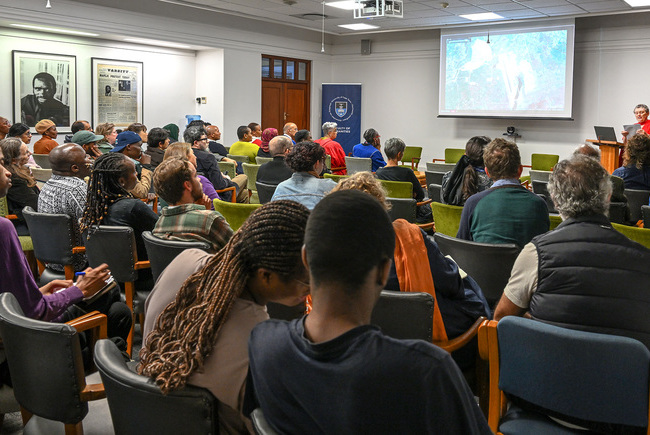
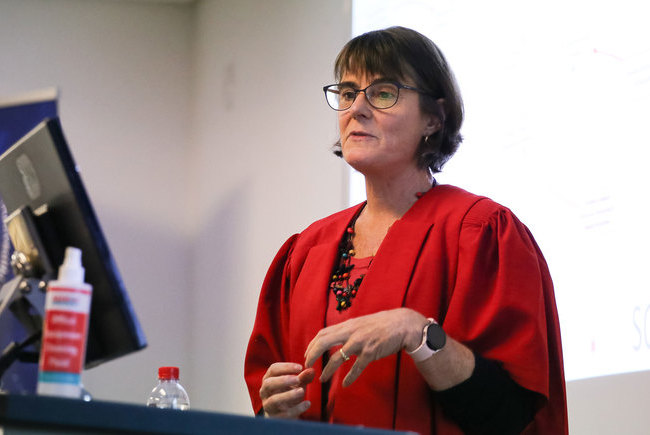
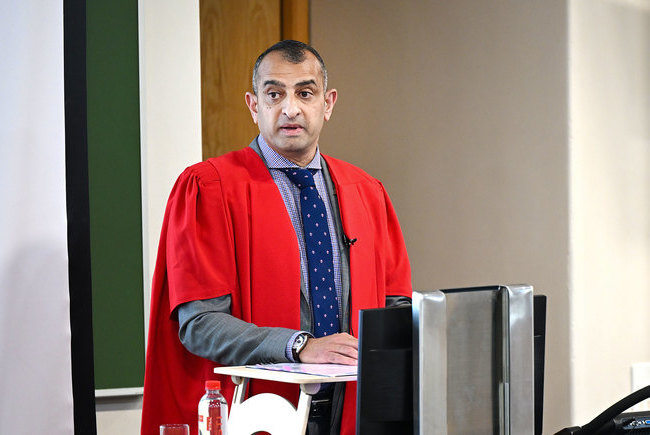
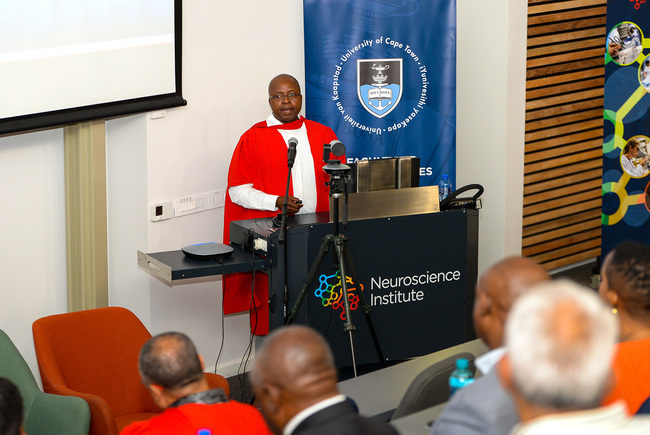

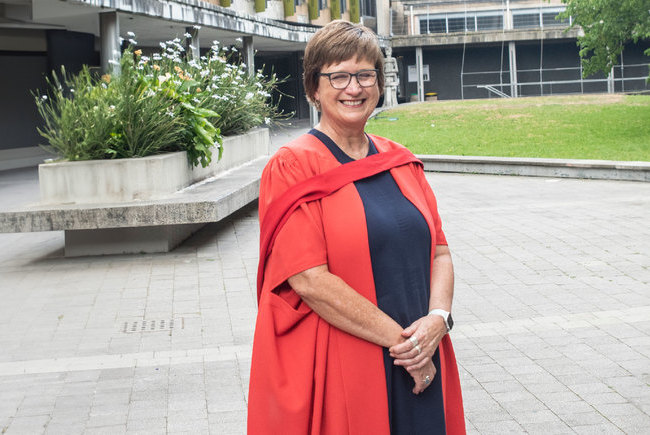
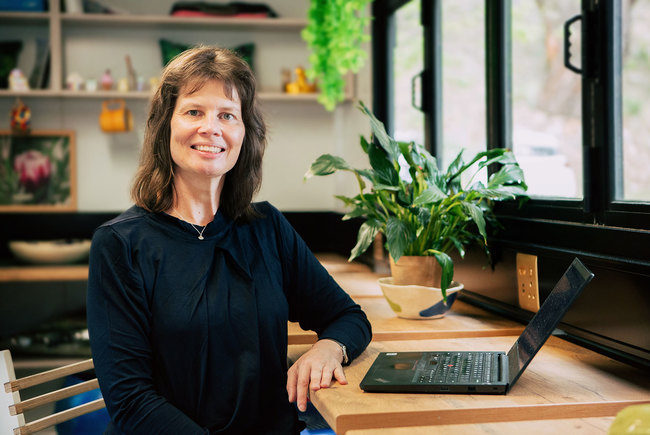
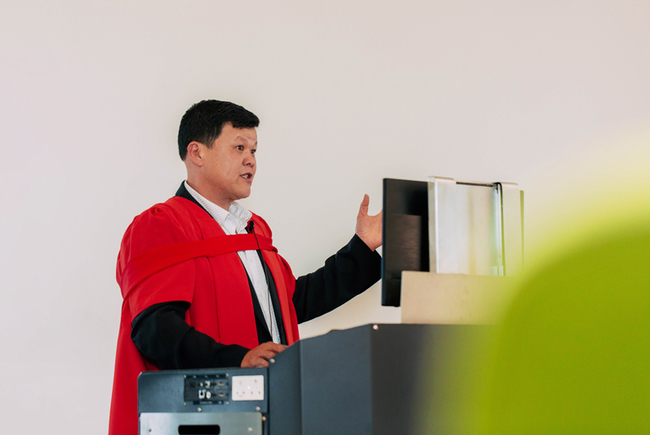
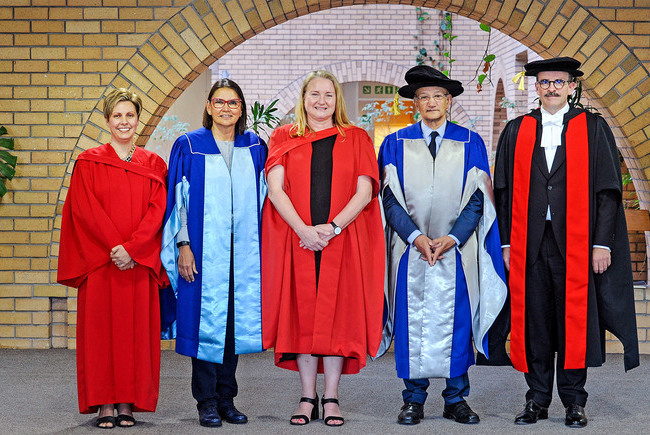

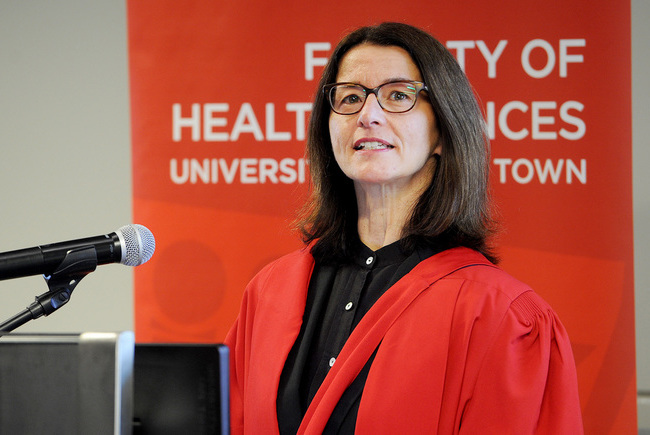
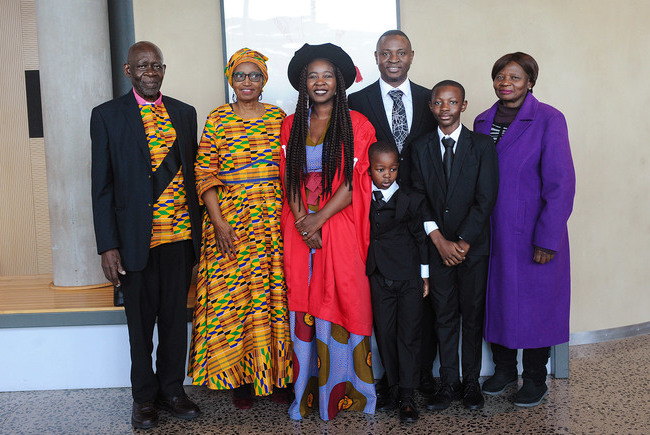
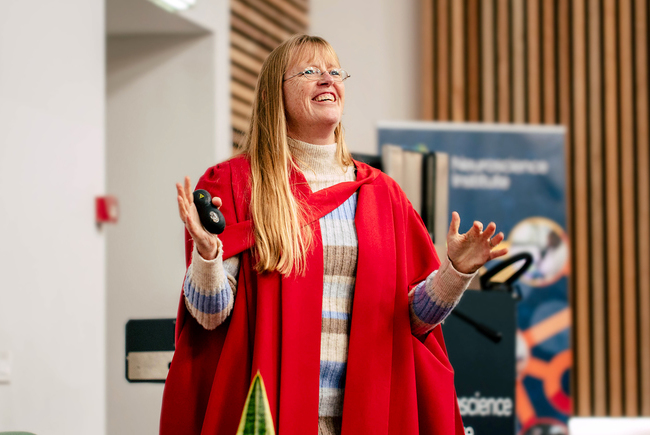

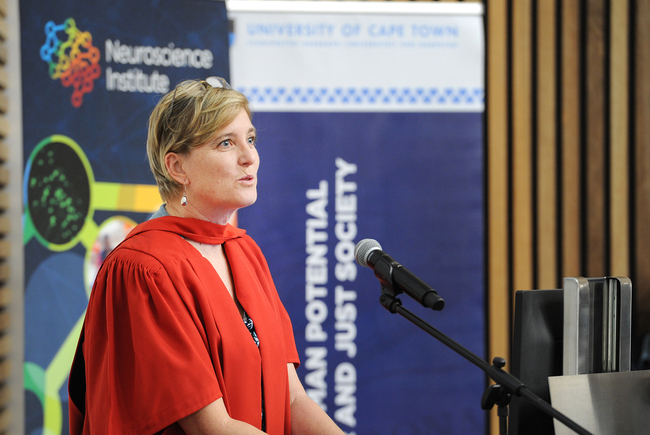

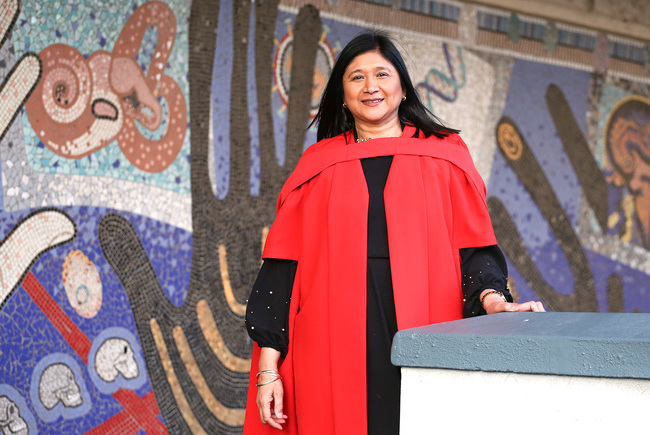
.jpg)
